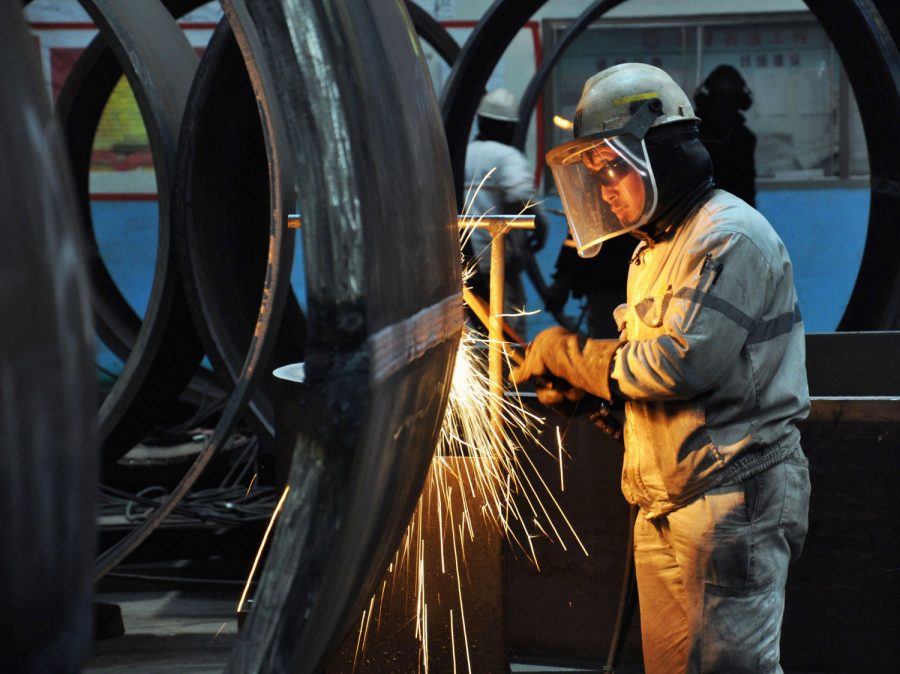Trump Administration Releases Sweeping, and Hasty, Tariff
After weeks of threats and hypothetical retaliations, the Trump administration released their plan to place a 25% tariff on imported steel and a 10% tariff on aluminum, with the exemption of Mexican and Canadian imports. Using section 232 of the Trade Expansion Act (1962), the Trump Administration claimed the tariff to be a security measure, citing that the U.S. is being abused by countries, in particular China, and must implement sweeping tariffs to increase domestic production. The tariff, however, does not exempt several trade allies and countries with which relations have been agreeable, raising questions about the nature of the tariff as a security measure. Since 1995 when the World Trade Organization formed as a Supreme Court for international trade, the Act has not been exercised, making the tariff seem more deceitful to foreign countries.
In addition to legal concerns, several countries have proposed retaliatory economic measures. While Canada and Mexico were perhaps exempt due to tensions about North American Free Trade Agreement (NAFTA), they also suggested counter-tariffs. Still subject to the tariff, the EU has released a list of American economic targets including: Kentucky bourbon, Harley Davidson, textile products, and Florida orange juice. Although maintaining little economic leverage as the threat makes up 3.5 million dollars of 307 million dollars in goods, growing economic aggression could lead to trade wars and tense international relations. The EU Trade Commissioner Cecilia Malmström stated:
We are friends, we are allies, we work together, we cannot possibly be a security threat to the United States
— Cecilia Malmström
Domestically, the tariff could cause both an increase in steel and aluminum production as well as a decrease in steel and aluminum products. Manufacturers of aluminum and steel, such as Century Aluminum, will likely see the most benefit, potentially increasing jobs and slightly lowering prices but not to that of former imports. With this lack of cheap metal, companies that use steel for production could suffer, possibly prompting lay-offs and price increases that would surpass the benefit of cheaper American metals. Aside from effecting domestic business, the higher price of steel could create a greater cost for the Administration, and other States’, infrastructure plans. With Mexico and Canada exempt, they may compensate for other lost foreign metals, increasing their markets and reducing the domestic benefit of the tariff.








![Presidential Rizz [RANKED]](https://amhsnewspaper.com/wp-content/uploads/2024/03/jfk-600x338.jpg)




